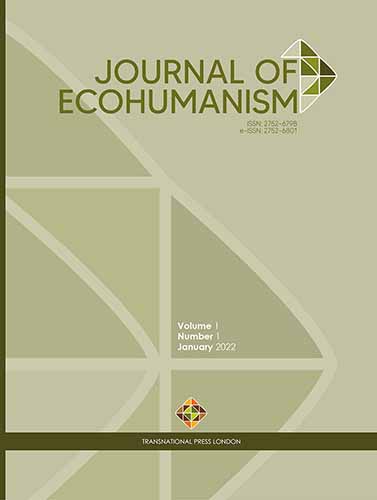‘They Carried the Land Itself:’ Eco-Being, Eco-Trauma, and Eco-Recovery in Tim O’Brien’s The Things They Carried
‘They Carried the Land Itself:’ Eco-Being, Eco-Trauma, and Eco-Recovery in Tim O’Brien’s The Things They Carried
Author(s): James M. CochranSubject(s): Language and Literature Studies, Energy and Environmental Studies, Studies of Literature, Sociology of Culture, Environmental interactions, Hermeneutics
Published by: Transnational Press London
Keywords: Eco-Trauma; Dark Ecology; Twentieth-Century American Literature; War Fiction;
Summary/Abstract: This essay calls for a wider use of Tina Amorok’s (2007) concepts of eco-Being, eco-trauma of Being, and eco-recovery of Being in ecocritical literary studies. I propose the adoption of Amorok’s concepts as a literary hermeneutic because it provides a theoretical model that positions ecological damage as central to wartime trauma. To demonstrate the effectiveness of Amorok’s framework, the following essay reads Tim O’Brien’s 1990 novel The Things They Carried alongside Amorok’s eco-Being, eco-trauma, and eco-recovery. Reading O’Brien’s text through Amorok’s model is particularly intriguing and noteworthy because almost no critics investigate the ecocritical dimensions of O’Brien’s novel. Yet, despite the absence of green scholarship surrounding O’Brien’s novel, Amorok’s framework, as I will show, draws attention to the environmental costs of war as depicted in O’Brien’s novel. Applying Amorok’s model as an ecocritical lens to The Things They Carried demonstrates how we can use Amorok’s tripartite structure to further unpack the ecological dimensions of fiction that seemingly have little to do with the environment.
Journal: Journal of Ecohumanism
- Issue Year: 1/2022
- Issue No: 1
- Page Range: 57-71
- Page Count: 15
- Language: English

